A couple of weeks ago I posted about the benefits of giving dogs Turmeric. In that post, I very briefly mentioned the recipe I use to make golden paste. I like to give my senior dog, Kitsune, golden paste when I can. He’s currently still on medication (anti-inflammatories) for IVDD, so I’m not currently able to give him turmeric. But we’re planning on starting to wean him off his IVDD meds later this week. When I’m able to, I’m planning on supplementing him with golden paste again. In the past, golden pasted seemed to help with Kit’s teeth and minor GI issues. Now that he’s been diagnosed with IVDD, I’m hoping that turmeric/golden paste might help with that too!
Post Contents:
A Brief Review of the Benefits of Turmeric
- The Benefits of Giving Dogs Turmeric
- The active ingredient in Turmeric, Curcumin, is thought to have anti-inflammatory properties. Inflammation, no matter its cause, causes pain. Turmeric is thought to help conditions that cause pain due to inflammation, including arthritis, and other joint issues. Fighting inflammation can also help calm GI issues, and allergies, relieve general pain, and more!
- Turmeric is thought to benefit dogs’ skin and coat health.
- Curcumin also has antioxidant properties. Further testing is needed, but these antioxidants are thought to be able to help fight cancer.
Why Golden Paste?
Golden paste, sometimes called turmeric paste, is a mixture (a paste, if you will) that contains turmeric and a few other ingredients that you probably already have laying around your kitchen. Curcumin in turmeric has been shown to have a number of health benefits, which is awesome! However, curcumin on its own is hard for the body to absorb and utilize. There’s not much of a point in supplementing your dog with turmeric if his/her body isn’t efficiently absorbing it. Enter golden paste!
The simple ingredients in turmeric paste, including black pepper and a source of fat (coconut oil), have been shown to greatly increase the bioavailability of curcumin. Essentially, supplementing with golden paste rather than just plain turmeric allows your dog’s body to absorb curcumin much better. Absorbing curcumin more efficiently means that there’s a better chance your dog will be able to experience benefits from it.
How I Make Golden Paste
The recipe for golden paste is simple!
- 1/2 cup high-quality turmeric powder
- 1 cup of water
- 1/4 cup coconut oil
- 1 1/2 – 2 teaspoons ground black pepper
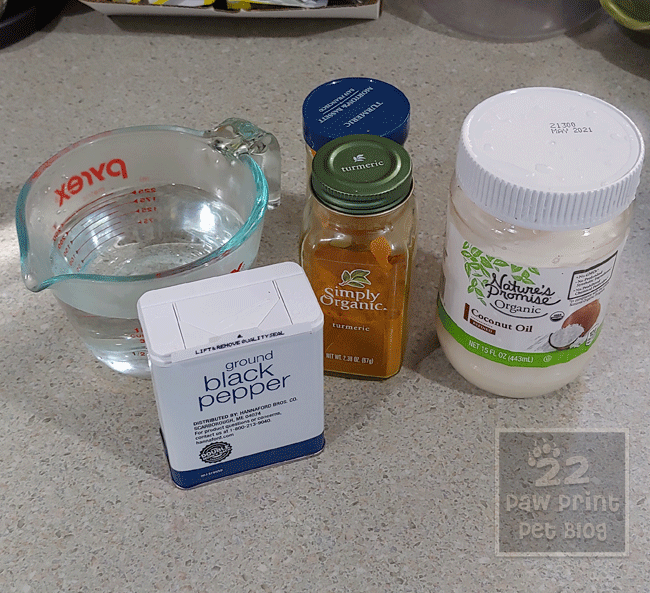
I combine all my measured ingredients into a pot…
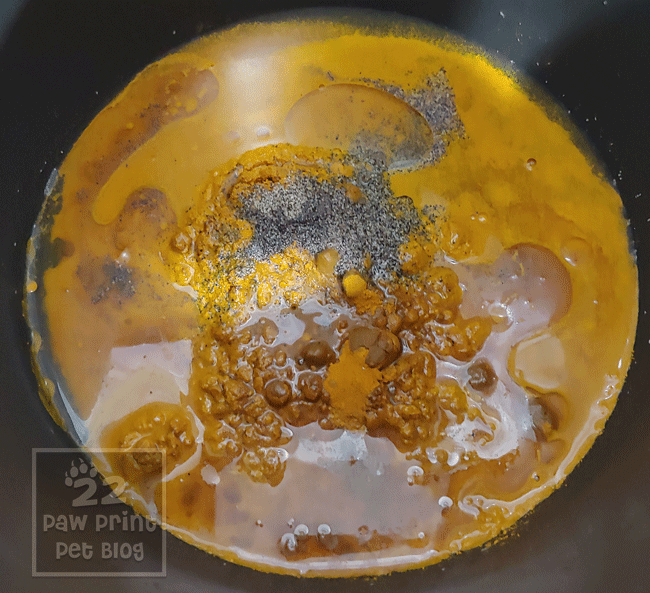
Turn my stove burner on low, then mix mix mix! At first, the mixture will look very watery, and you may see some of the oil separate from the rest of the mixture.
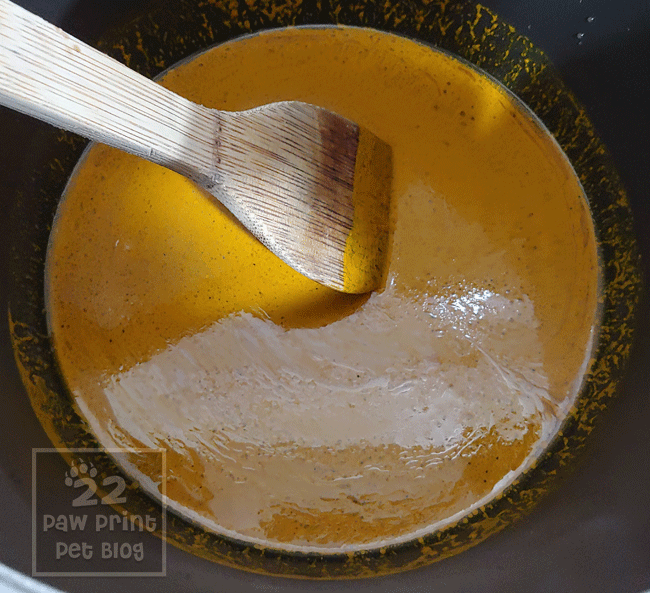
But, after a short time, the paste will thicken up. It should also look more uniform at this stage.

Once your golden paste looks like the photo above, thickened and well mixed, it’s done!
Storing Golden Paste
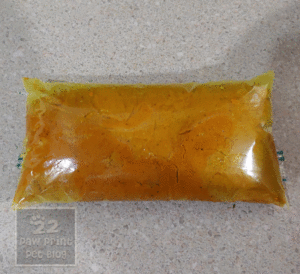 A general rule of thumb is to try not to make more turmeric paste than you can use in 2 weeks. It can be stored for up to 2 weeks in an airtight container in your refrigerator. I usually like to store my golden paste in a mason jar in my refrigerator. In a pinch, I’ve also stored it in sandwich bags with all the air squeezed out in between uses. Yeah, I need to buy new mason jars!
A general rule of thumb is to try not to make more turmeric paste than you can use in 2 weeks. It can be stored for up to 2 weeks in an airtight container in your refrigerator. I usually like to store my golden paste in a mason jar in my refrigerator. In a pinch, I’ve also stored it in sandwich bags with all the air squeezed out in between uses. Yeah, I need to buy new mason jars!
You can also freeze golden paste for up to 6 months to store it for longer. The turmeric paste I made for this post I stuck directly into my freezer. I’m hoping that weaning Kit off his meds goes well, so that in a couple of weeks or so I’ll be able to start giving him golden paste again.
How to Give Golden Paste to Your Dog
The general dosage of golden paste is 1/4th of a teaspoon for every 10 lbs. of body weight, per day. But, with turmeric, it’s important to always start with a smaller dose and work your way up over time. Turmeric can upset some dogs’ stomachs, so you’ll want to see how your dog handles it before going up to its full dose. Turmeric also leaves the body quickly, so it can be beneficial to break up your dog’s daily dose. For example, instead of giving your medium-sized dog 1/2 a teaspoon all at once, give them 1/4 in the morning and 1/4 in the evening.
I’ll admit, there are not many dogs who will like the taste of turmeric paste plain. My Kitsune is a notorious foodie, and even he won’t eat turmeric paste plain. I make him golden paste treats or mix his golden paste in with tasty food to disguise the flavor.
Contradictions
Turmeric can interact with some medications, notably with anti-inflammatories, and diabetes medications. It can cause GI upset and is not recommended for dogs prone to developing kidney stones. Turmeric can also act as a natural blood thinner and is not advised for dogs with scheduled surgeries. Discuss whether or not turmeric is appropriate for your pet with your vet, especially if your dog is on any medications or will soon be having surgery.
Treat Recipe…
I make Kitsune turmeric treats to get him to eat his daily turmeric paste since he doesn’t like the paste plain. I’m keeping my fingers crossed that, in the next couple of weeks, my little buddy will be off of his IVDD medications so that I can transition him back onto some of his supplements. I’m hoping that the anti-inflammatory and pain-relieving properties of turmeric will help us to manage his IVDD in the future.
Comment below! Have you ever tried supplementing your dog, or yourself, with turmeric? Have you ever made golden paste? What benefits did you see?
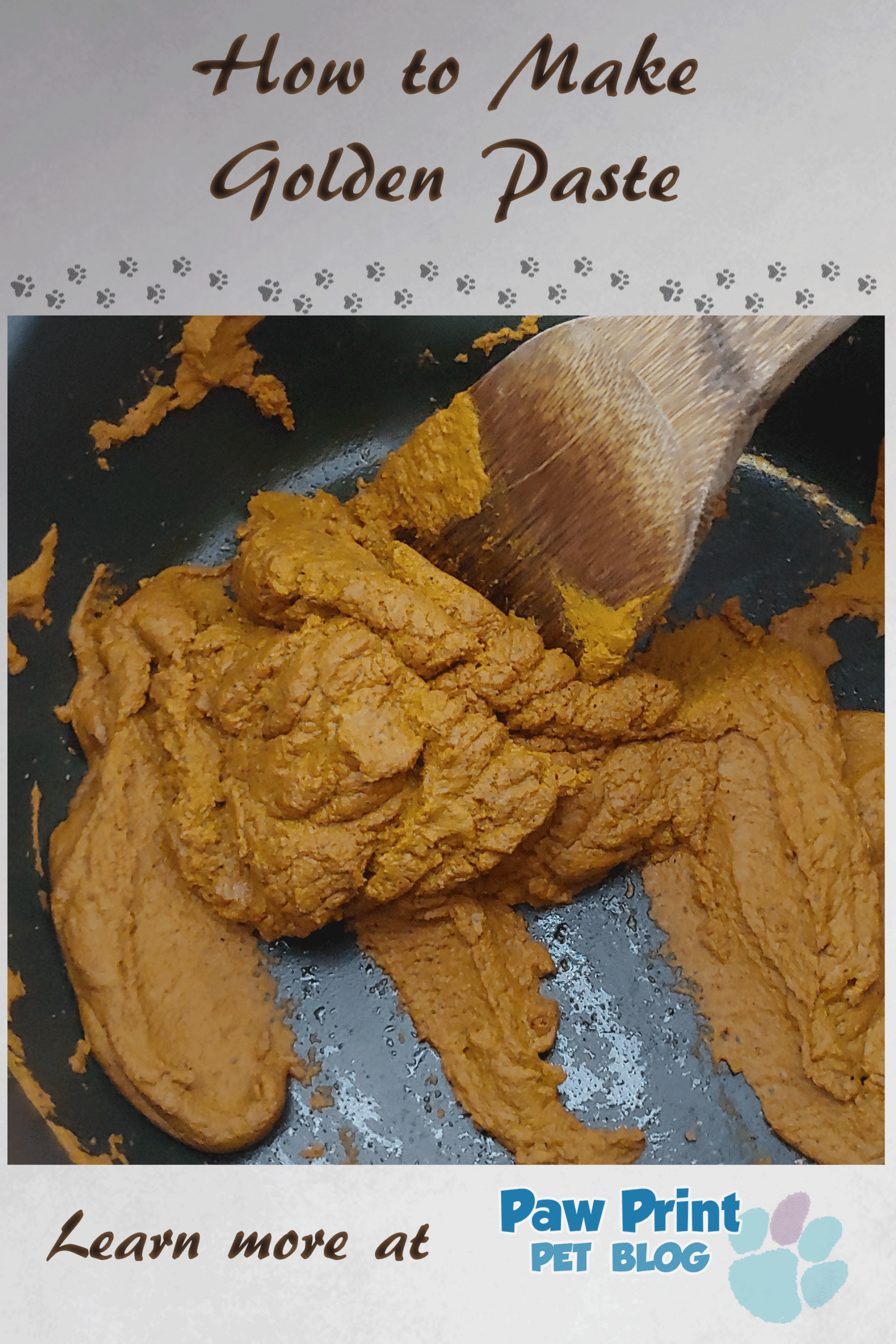

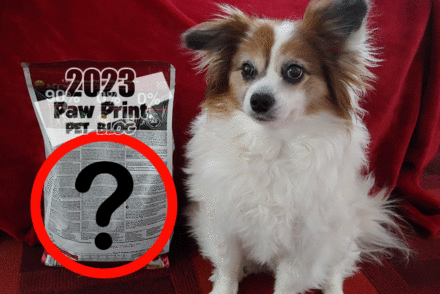
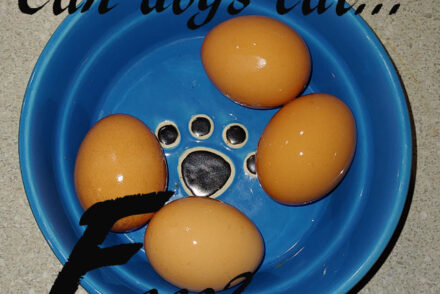
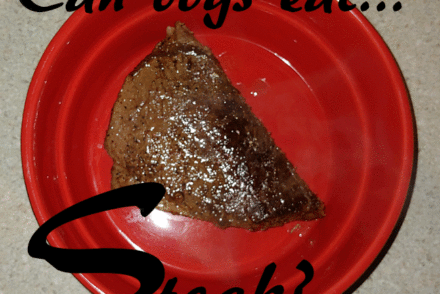

1 Comment
[…] blog posts about Turmeric, including this one about the benefits of feeding turmeric to dogs, and this one about how to make golden paste for dogs. I mentioned in our golden paste post that I was giving my senior papillon, Kitsune, turmeric but […]